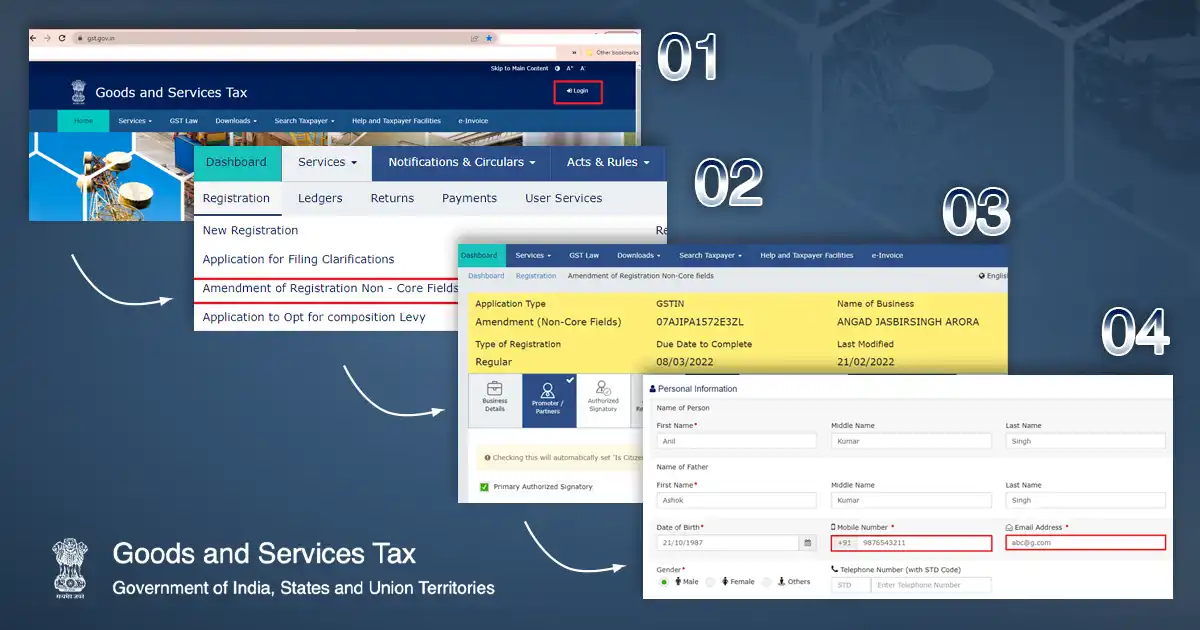Registering a company in Canada is the legal process to make your business a "corporation." This can be done at the federal level, allowing your business to operate nationwide, or at the provincial level, which registers your business within a specific province such as Ontario or British Columbia.
Once your company is a corporation, it becomes a separate legal entity. That means:
- The business is separate from you, the owner.
- It can own property and sign contracts in its own name.
- Your assets are protected from business debts.
After you register, you get key documents and numbers to prove your business is official. The two most important documents are:
- Articles of Incorporation: This is the official certificate that proves your company legally exists.
- Business Number (BN): This is a unique nine-digit number from the Canada Revenue Agency (CRA). Think of it as your company's main ID number for all government activities, like taxes.
With these, you can open a business bank account, hire employees, and operate officially throughout Canada.
Key Benefits of Starting a Company in Canada
For Indian business owners, registering a company in Canada provides many strategic benefits that can help a business succeed globally.
1. Access to North American Markets (USA & Mexico)
- CUSMA Agreement: Your Canadian company gains special access to the North American market through the Canada-United States-Mexico Agreement (CUSMA). A Canadian company using CUSMA benefits from:
-
- Tariff-Free Access: Most Canadian goods can be sold in the U.S. and Mexico without import taxes.
- Easier Trade: Simplified customs rules and strong protections for digital commerce make cross-border business smoother.
- Large Consumer Base: This gives you preferential access to nearly 500 million consumers, creating huge potential for sales and growth.
2. A Stable Economy and Strong Currency
- Reliable Environment: Canada has one of the most stable economies in the world, providing a secure environment for investment and business operations.
- Predictable Finances: The Canadian Dollar (CAD) is a strong and stable currency, which reduces financial risk and makes business planning more reliable.
3. Favorable Tax Rules and Business Support
- Low Small Business Taxes: Businesses can benefit from the small business deduction, which significantly lowers the federal tax rate on the first $500,000 (₹4,17,52,500, approximate value, subject to exchange rates) of active business income.
- R&D Incentives: The Scientific Research and Experimental Development (SR&D) program offers generous tax credits for research and development activities performed in Canada.
- Provincial Credits: Many provinces offer their own tax credits and incentives for businesses in specific industries like technology, manufacturing, and green energy.
4. Diverse and Skilled Workforce
- Educated Talent Pool: Canada has a highly educated population, providing access to skilled professionals in many fields.
- Multilingual and Multicultural: Its diverse population means you can find employees who understand global markets and speak multiple languages, a major asset for an international company.
5. High Quality of Life and Welcoming Culture
- Excellent Living Standards: Canada is known for its high quality of life, with excellent public healthcare, education, and safety.
- Immigrant-Friendly: The country's immigration policies are designed to welcome entrepreneurs and their families, helping to make the move to Canada smooth.
Canada-India Bilateral Trade: A Crucial Partnership
Canada and India have a strong and friendly business relationship that keeps growing.
In recent years, trade in goods between Canada and India has approached CAD 10 billion annually, with expectations for continued growth.
Key Trade Areas:
- Exports from India to Canada: India exports a variety of products to Canada, including pharmaceuticals, jewelry, smartphones, automotive parts, and apparel.
- Exports from Canada to India: Canada exports essential goods to India, such as vegetables (including lentils), coal, wood pulp (used in paper production), and fertilizers.
The governments of both Canada and India are working hard to make trading even easier. They are talking about new agreements that will help create a friendly and supportive environment for Indian companies that want to do business in Canada.











